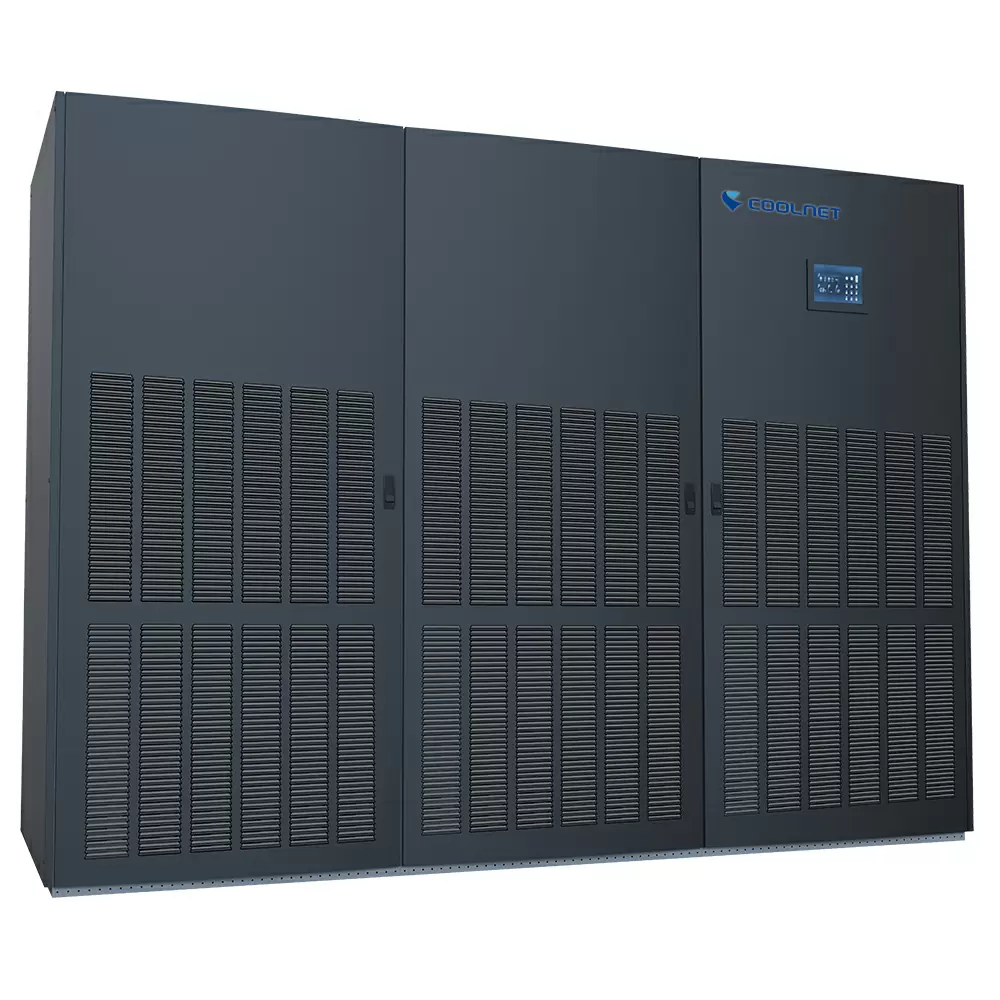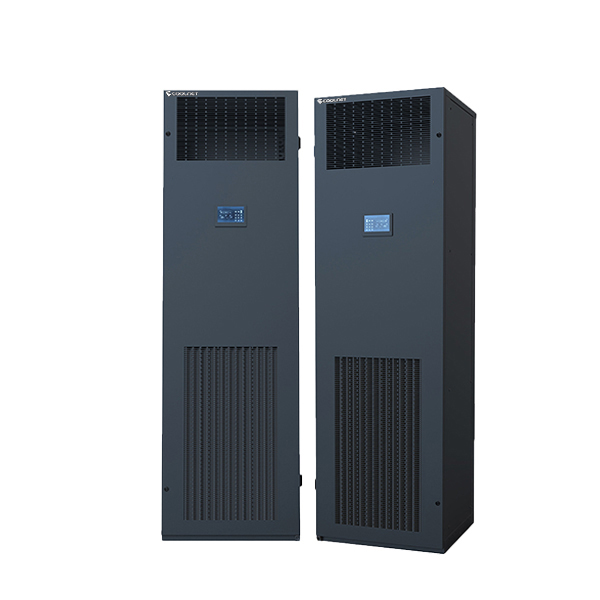Precision air conditioning plays a crucial role in maintaining optimal environmental conditions in various industries. Whether it's data centers, telecom facilities, medical and healthcare settings, or manufacturing and industrial environments, precision air conditioning ensures precise temperature and humidity control, enhances equipment reliability, improves energy efficiency, and contributes to better indoor air quality. In this blog post, we will explore the applications and advantages of precision air conditioning in different sectors and highlight its importance in creating efficient and sustainable working environments.

Applications of Precision Air Conditioning
1. Data Centers and Server Rooms:
Data centers and server rooms are the backbone of modern technology infrastructure. Precision air conditioning is essential in these environments to regulate temperature and humidity levels. By providing accurate control over environmental conditions, precision air conditioning systems ensure the optimal performance of servers and networking equipment. They also help in reducing the risk of equipment failure, improving energy efficiency, and minimizing downtime.
2. Telecom Facilities:
Telecom facilities house critical communication equipment that requires a stable and controlled environment. Precision air conditioning systems play a vital role in maintaining the desired temperature and humidity levels to ensure the reliable operation of telecommunications infrastructure. By preventing overheating and excessive moisture, precision air conditioning extends the lifespan of equipment, enhances system reliability, and reduces the chances of service disruptions.
3. Medical and Healthcare Facilities:
In medical and healthcare settings, precision air conditioning is crucial for creating sterile environments and protecting sensitive medical equipment. Operating rooms, laboratories, and cleanrooms require precise temperature and humidity control to ensure the safety of patients and the integrity of medical procedures. Precision air conditioning systems aid in preventing the growth of harmful bacteria, maintaining sterile conditions, and safeguarding the functionality of medical equipment.
4. Manufacturing and Industrial Settings:
Precision air conditioning finds extensive applications in manufacturing and industrial environments, particularly in cleanrooms, production areas, and research laboratories. These controlled environments demand strict temperature and humidity regulations to ensure product quality, reduce waste, and enhance productivity. Precision air conditioning systems provide the necessary conditions for manufacturing processes that require specific environmental parameters, such as the production of sensitive electronic components or pharmaceuticals.

Advantages of Precision Air Conditioning
1. Precise Temperature and Humidity Control:
Precision air conditioning systems offer accurate and reliable control over temperature and humidity levels. This precise control ensures optimal operating conditions for equipment and processes, leading to improved performance, reduced energy consumption, and enhanced overall efficiency.
2. Enhanced Equipment Reliability:
By maintaining a stable environment, precision air conditioning helps extend the lifespan of equipment and reduces the risk of malfunctions. Consistent temperature and humidity control minimize wear and tear, prevent overheating, and improve the reliability of critical systems, resulting in reduced operational costs and downtime.
3. Energy Efficiency:
Precision air conditioning systems are designed to provide targeted cooling and airflow, resulting in improved energy efficiency. By delivering cooling precisely where it is needed, these systems minimize energy wastage and optimize resource utilization. Energy-efficient precision air conditioning not only reduces operational costs but also contributes to sustainability and environmental conservation.
4. Air Filtration and Indoor Air Quality:
Precision air conditioning systems incorporate advanced air filtration technologies that effectively remove airborne contaminants. These systems help in improving indoor air quality by eliminating dust, allergens, and pollutants. By providing clean and fresh air, precision air conditioning creates a healthier and more comfortable working environment for employees.
5. Flexibility and Scalability:
Precision air conditioning systems offer flexibility and scalability to meet specific requirements. They can be customized to adapt to changes in load and environmental conditions. Whether it's a small server room or a large-scale manufacturing facility, precision air conditioning solutions can be tailored to provide the optimal climate control necessary for each unique application.
Precision air conditioning plays a vital role in maintaining optimal environmental conditions across various industries. Its applications in data centers, telecom facilities, medical settings, and manufacturing environments ensure precise temperature and humidity control, enhance equipment reliability, improve energy efficiency, and contribute to better indoor air quality. As technology advances, we can expect further advancements in precision air conditioning technology, leading to more efficient, sustainable, and reliable solutions for creating comfortable and productive working environments in the future.
If you are seeking effective solutions for precision air conditioning, I invite you to explore our website. We offer a wide range of precision air conditioning units tailored to meet your specific requirements. Our solutions are designed to deliver superior performance, advanced control features, and energy-saving capabilities. By visiting our website coolnetdatacenter.com, you can learn more about our comprehensive range of products and find the perfect solution for your cooling needs.
